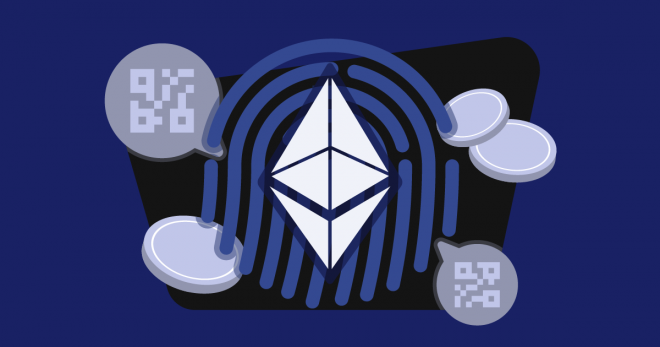Ethereum co-founder and cryptocurrency industry mainstay Vitalik Buterin has proposed a controversial method for increasing ETH developer fund support: imposing gas fees on wallet transactions.
On Mar. 8, Buterin tweeted his proposal, making a clear distinction that his plan would involve the creation of a “community norm,” which users could choose to follow as opposed to being mandatory. However, the idea of the gas fee standard is to encourage the fee being paid on wallet transactions, while discouraging the current practice of users attempting to circumnavigate fees.
I propose we consider supporting a community norm that client/wallet devs can/should charge a 1 gwei/gas fee for txs sent through their wallet, we don’t try to circumvent such fees, and we support protocol changes to make such fees easier (eg. abstraction enabling multisends)
According to the numbers Buterin presents, increasing average user gas costs 7 percent would equate to at least $2 million per year in increased funding for Ethereum developers, without going through the traditional routes of securing more capital that could involve market bias.
While Buterin was floating his idea to the community as opposed to announcing an actual development by the Ethereum team, the proposal was met with conflicting opinions. On user pointed out that an imposed gas fee negated the ability of wallet devs to set their own transaction prices, thereby limiting free enterprise.
“So much for free enterprise? Shouldn’t wallet devs be allowed to charge what they want, even if this is zero?”
Other users were quick to counter that Buterin’s plan involves creating a “community norm” around wallet transaction gas fees, rather than making it a definitive part of transactions. Buterin reiterated this point in a subsequent tweet, clarifying that he was not advocating a mandatory fee increase, but rather hoped to jump start an ETH community initiative to support devs through an alternative method of fee collection,
“To be clear, I am NOT advocating a norm *mandating* the 1 gwei fee. I am arguing for a norm diacouraging overly complaining about and/or trying to circumvent the fee if/where it exists.”
Buterin’s plan, despite the controversy it may have stirred among Twitter responses, does provide a community-generated source of funding for Ethereum developers that promotes decentralization over other forms of fee-collection. However, as some users pointed out, it’s a tough sell to get people to pay for something they were previously receiving for free, even if it comes with good intentions. While wallet operators are free to impose fees to compete on the market, a blanket gas fee–even one that is imposed through community good will or Buterin’s “norm”–would be hard to gain broad adoption.
Despite the lackluster response to Buterin’s proposal, Ethereum has benefited from positive news in the last week surrounding its development. Over the weekend, as reported by EWN, research firm Electric Capital published data showing Ethereum led the industry in active developer support, with over twice that of second-place Bitcoin (BTC). Ethereum has also benefited from the successful launch of its long-awaited Constantinople upgrade at the end of February.
Title image courtesy of beatingbetting.co.uk
Post Views:
1




